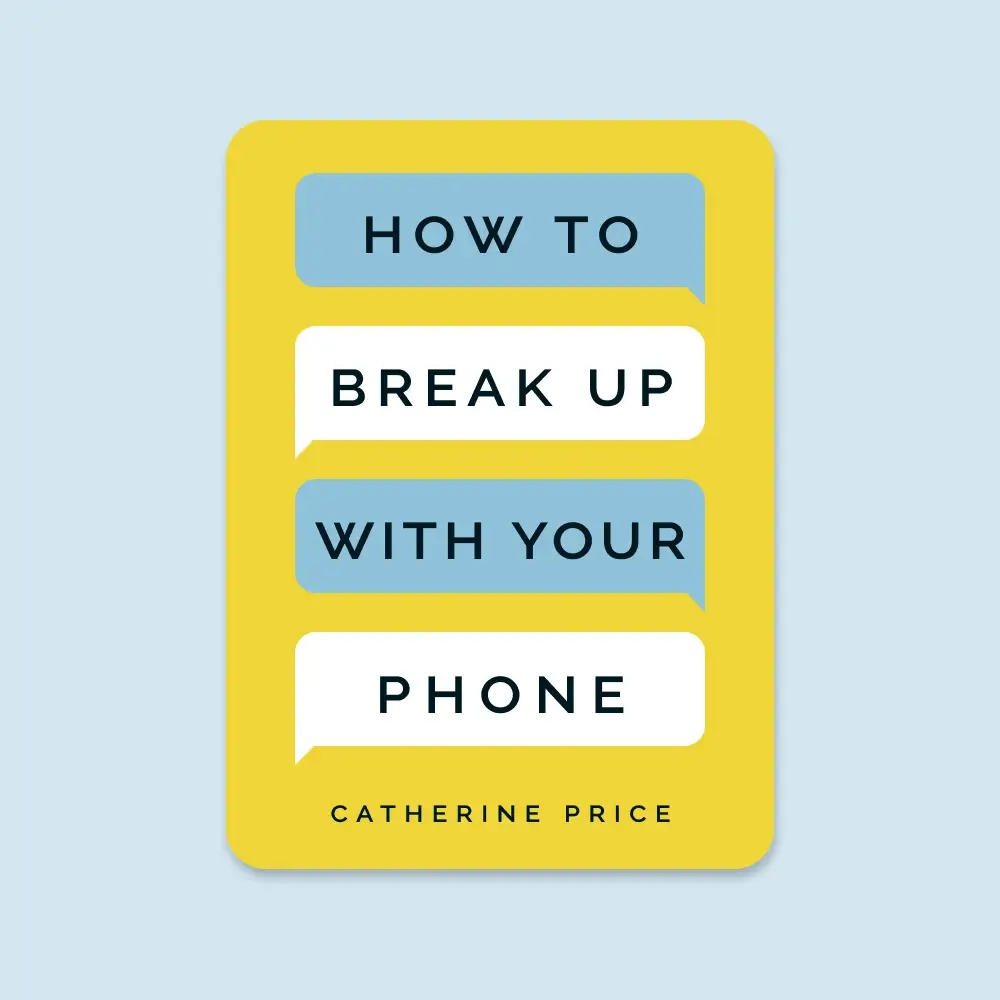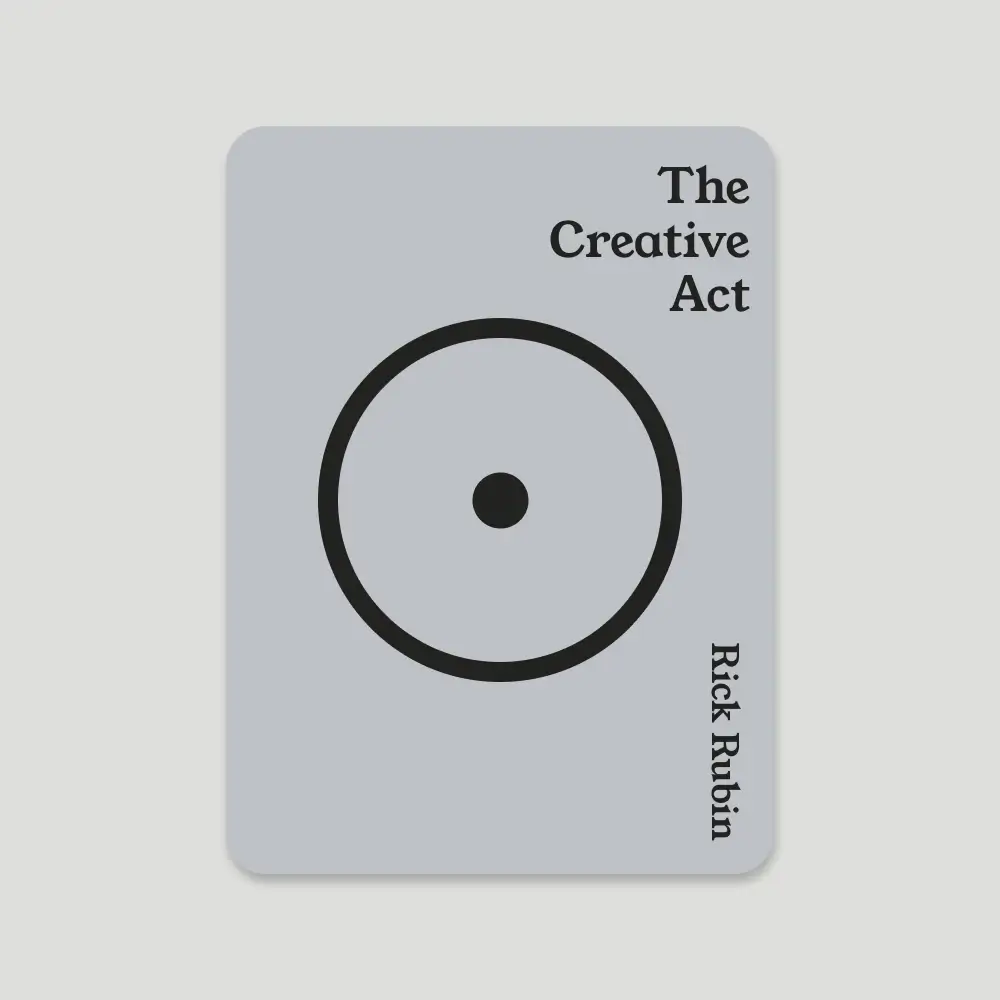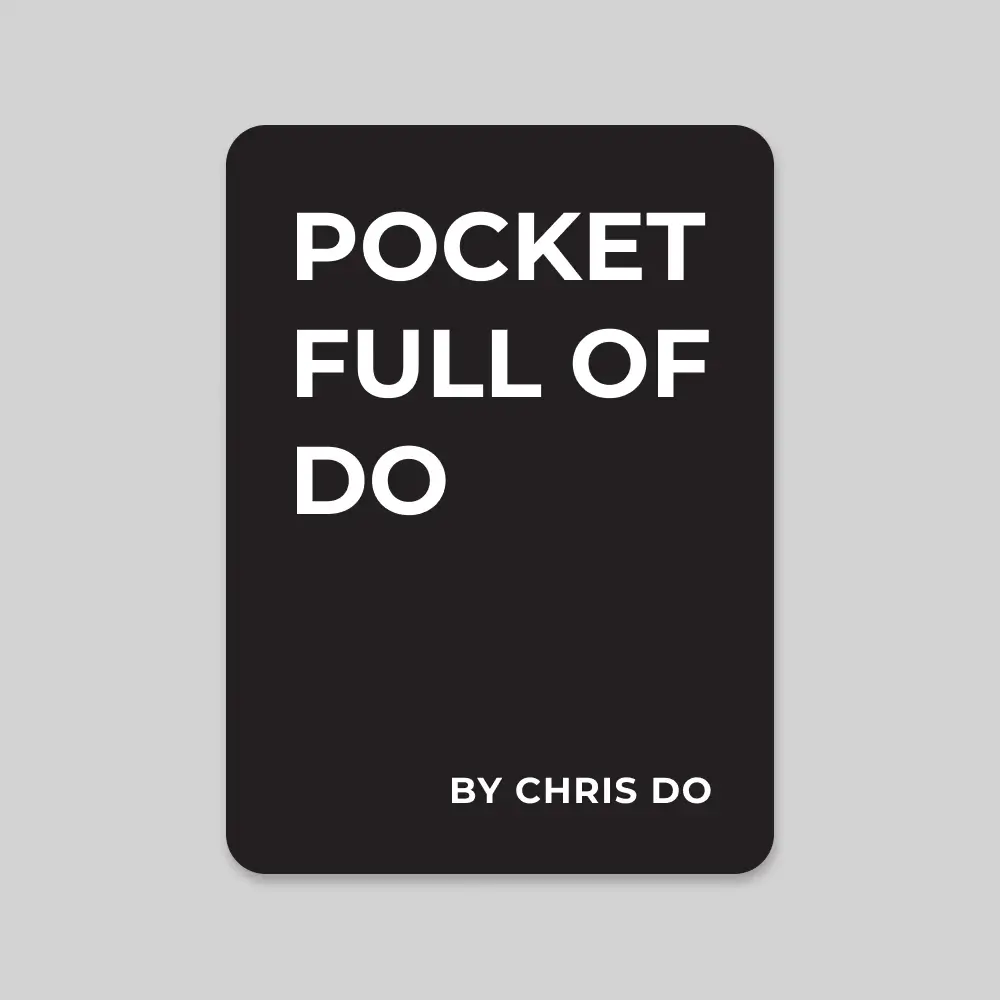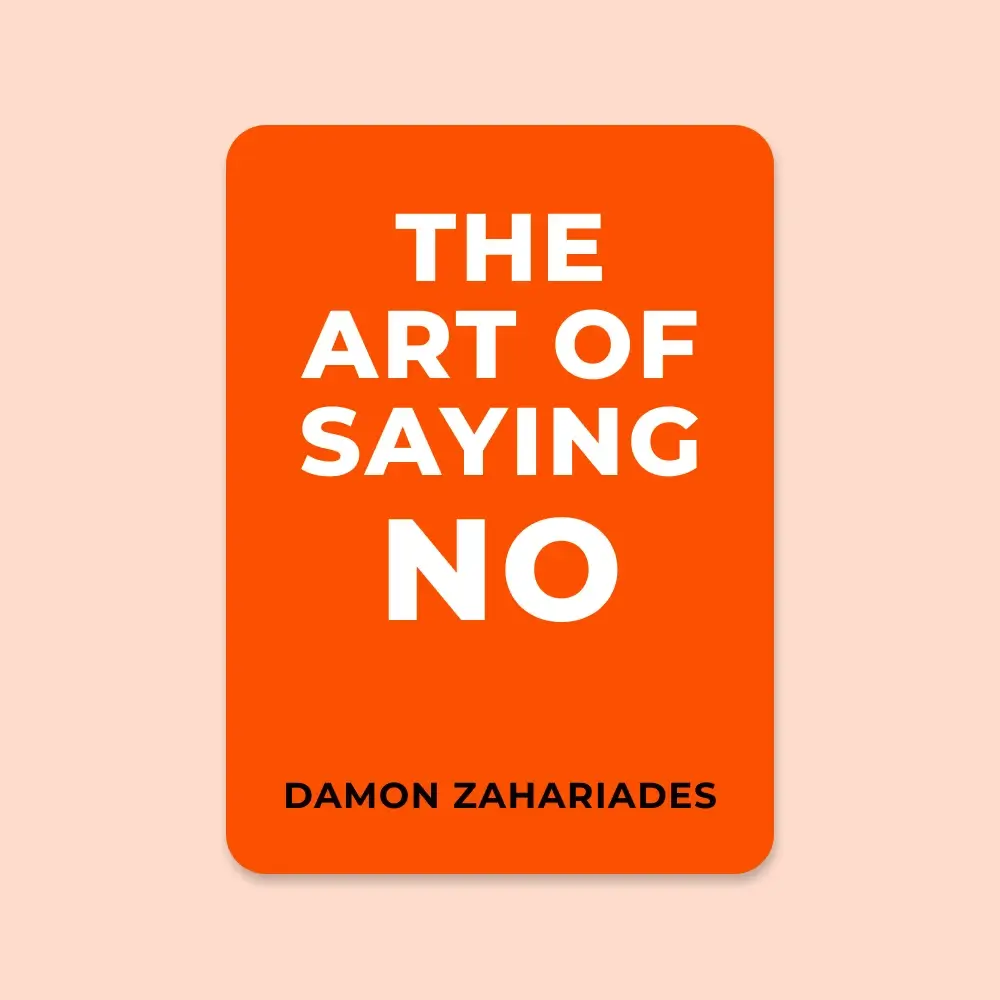
How to Break Up with Your Phone
Every once in a while, a revolutionary product comes along that changes everything. —Steve Jobs, introducing the first iPhone in 2007
Whenever you check for a new post on Instagram or whenever you go on the New York Times to see if there’s a new thing, it’s not even about the content. It’s just about seeing a new thing. You get addicted to that feeling. —Aziz Ansari
- Addiction can be defined as continuing to seek out something (for example, drugs or gambling), despite negative consequences.
Just as drugs have become more powerful over time, so has the thrill of behavioral feedback. Product designers are smarter than ever. They know how to push our buttons and how to encourage us to use their products not just once but over and over. —Adam Alter, Irresistible: The Rise of Addictive Technology and the Business of Keeping Us Hooked
Never before in history have the decisions of a handful of designers (mostly men, white, living in SF, aged 25–35) working at 3 companies had so much impact on how millions of people around the world spend their attention. —Tristan Harris, ex–Google employee and design ethicist
- Any time we put them down, even for a second, we might miss something. The nontechnical term for this anxiety is FOMO: fear of missing out (not to be confused with its underappreciated counterpart, JOMO: the joy of missing out). Human beings have always suffered from FOMO. But we were protected from developing a full-blown infection by the fact that, until smartphones, there was no easy way to find out about all the things we were missing out on.
Even more than it is in the advertising business, Facebook is in the surveillance business. Facebook, in fact, is the biggest surveillance-based enterprise in the history of mankind. It knows far, far more about you than the most intrusive government has ever known about its citizens. —John Lanchester
-
Have you ever wondered why social media apps are all free? It’s not because their creators are driven by a philanthropic urge to help the world share selfies. It’s because we are not actually the customers, and the social media platform itself is not the product. Instead, the customers are advertisers. And the product being sold is our attention.
-
As we touched upon earlier, the prize these advertisers are after is “engagement,” which is the metric by which companies evaluate the number of clicks, likes, shares, and comments associated with their content. Engagement is sometimes referred to as “the currency of the attention economy,” and advertisers are willing to spend a lot of money for it.
-
Most people sign up for social media accounts out of a desire to feel connected—but numerous studies suggest that the more we use social media, the less happy we will be.
The mind cannot have two thoughts at once. See if you can think two thoughts at exactly the same time. Well? Is it possible? —Haemin Sunim, The Things You Can See Only When You Slow Down: How to Be Calm and Mindful in a Fast-Paced World
-
There’s actually no such thing as multitasking (that is, simultaneously processing two or more attention-demanding tasks), because our brains can’t do two cognitively demanding things at once. When we think we’re multitasking, we’re actually doing what researchers call “task-switching.” Like cars making sharp turns, our brains need to slow down and switch gears every time we stop thinking about one thing and engage with another—a process that has been estimated to take twenty-five minutes every time you do it.
-
It turns out multitaskers are terrible at every aspect of multitasking. They’re terrible at ignoring irrelevant information; they’re terrible at keeping information in their head nicely and neatly organized; and they’re terrible at switching from one task to another.”
-
And it appears that, by weakening our attention spans and our memories, our phones are damaging our ability to single-task, too.
Just as neurons that fire together wire together, neurons that don’t fire together don’t wire together. As the time we spend scanning Web pages crowds out the time we spend reading books…the circuits that support those old intellectual functions and pursuits weaken and begin to break apart. —Nicholas Carr, The Shallows: What the Internet Is Doing to Our Brains
- But that’s not to say that we only casually focus our attention on our phones. On the contrary, they completely absorb us. The result is what seems like should be an oxymoron: an intensely focused state of distraction.
Multi-screening trains consumers to be less effective at filtering out distractions—they are increasingly hungry for something new. This means more opportunities to hijack attention. —Consumer Insights, Microsoft Canada, 2015
- The result is that, the more we read online, the more we teach our brains to skim. This can be a useful skill to hone, especially when we’re constantly faced with such information overload. But it becomes a problem if skimming becomes our default—because the better we become at skimming, the worse we get at reading and thinking more deeply. And the harder it is for us to focus on just one thing.
What you have discovered is a recipe not for memory, but for reminder. —Plato, Phaedrus
-
When we store a long-term memory, it doesn’t exist on its own in a manila folder in our brain. It exists in a network of other connected memories. Called “schemas,” these networks help us make sense of the world by linking every piece of new information that we acquire to information that we already have. Schemas explain why a single stimulus—say, the smell of a cake baking—can trigger a flurry of memories.
-
The more information your working memory is trying to handle—which is referred to as your “cognitive load”—the less likely you are to remember any of it.
-
And that brings us to our phones: everything about smartphones overloads our working memories. The apps, the emails, the news feeds, the headlines, even the home screen itself—a smartphone is a virtual avalanche of information.
-
The result, short term, is mental fatigue and difficulty concentrating. The long-term consequences are even scarier. As we’ve talked about, when we train our attention on our phones, we miss out on everything else going on around us—and if you don’t have an experience to begin with, then it goes without saying that you’re not going to remember it later.
-
What’s more, when we overload our working memories, we make it harder for our brains to transfer new information to our long-term memories. This in turn makes it less likely that we’ll remember the experiences (and information) that we did manage to pay attention to.
-
Lastly, when our working memories are overloaded and our cognitive loads are too great, our brains don’t have the resources necessary to connect new information and experiences to our preexisting schemas. Not only does this reduce the likelihood of those memories becoming permanent, but the weaker our schemas become, the less likely we are to have insights and ideas. We lose our capacity for deep thought.
In their quest for happiness, people mistake excitement of the mind for real happiness. —Sayadaw U Pandita, In This Very Life: The Liberation Teachings of the Buddha
-
When we use our phones or tablets or computers before bed, their blue light tells our brains that it is daytime and that we should be awake. In other words, when we check our phones at night, we’re giving ourselves jet lag. Screen time, particularly in the hour before bedtime, both keeps us up later and harms the quality of our sleep.
-
Flow is a term coined by the psychologist Mihaly Csikszentmihalyi to describe the feeling you get when you’re completely and totally engaged in an experience. People can experience flow when they’re singing, playing sports, or even working. When you’re in flow, you’re so present in the moment that you feel as if you’re outside of time. The line between your experience and your mind gets erased. You’re un-self-conscious. You’re entirely absorbed. You’re in the zone. Flow leads to the sorts of moments and memories that make life seem rich.
-
“Sleep deprivation can affect memory, creativity, verbal creativity, and even things like judgment and motivation.” And creativity is often sparked by boredom, which is another mental state that our phones are great at helping us avoid.
We learn to stay with the uneasiness, the tightening, the itch of [our cravings]. We train in sitting still with our desire to scratch. This is how we learn to stop the chain reaction of habitual patterns that otherwise will rule our lives. —Pema Chödrön
“We must act, individually and collectively, to make our attention our own again, and so reclaim ownership of the very experience of living.” —Tim Wu, The Attention Merchants
Everyone knows what attention is. It is the taking possession by the mind, in clear and vivid form, of one out of what seem several simultaneously possible objects of trains of thought…It implies withdrawal from some things in order to deal effectively with others, and is a condition which has a real opposite in the confused, dazed, scatterbrained state. —William James, The Principles of Psychology
-
To help you notice when you reach for your phone, put a rubber band or hair tie around your phone or a piece of tape or a sticker on the back. That way, any time you reach for your phone, you’ll feel the prompt and be reminded to pay attention. You’ll probably need the reminder for only a few days; after a while, the noticing will become more automatic. You can also do something visual, such as changing the image on your lock screen to a picture of a piece of paper that says “Notice!” or “Why did you pick me up?”
-
One of the most effective ways to regain control over our phones is to build speed bumps: small obstacles that force us to slow down. By creating a pause between our impulses and our actions, speed bumps give us the chance to change course if we decide we want to take a different route.
-
If you delete social media apps from your phone, you are likely going to miss some posts. But instead of directing your FOMO toward what you think you might miss if you reduce the amount of time you spend on social media, try focusing on what you are definitely missing when you spend time on social media—which is to say, the rest of your life. In other words, missing out on stuff that happens only on your phone is probably a good thing.
The difference between technology and slavery is that slaves are fully aware that they are not free. —Nassim Nicholas Taleb
Our ability to maintain our focus in one information patch—whether it be a work project, a homework assignment, or something as simple as watching a television program—has been seriously jeopardized, and we believe that modern technology is a major culprit. —Adam Gazzaley and Larry Rosen, The Distracted Mind: Ancient Brains in a High-Tech World
- “How you do anything is how you do everything.”
“With phones and social media, people talk about how it creates greater connectivity. But on our phones we are physically alone.” —DANIEL
It is easy in the world to live after the world’s opinion; it is easy in solitude to live after our own; but the great man is he who, in the midst of the crowd, keeps with perfect sweetness the independence of solitude. —Ralph Waldo Emerson, “Self-Reliance”
- You may want to actually give yourself permission to scroll mindlessly through your phone during a particular time of day (in other words, to use your phone to take a break). Allowing yourself regular guilt-free phone time will help you avoid bingeing and make it much easier to stick to your overall goals long term.



